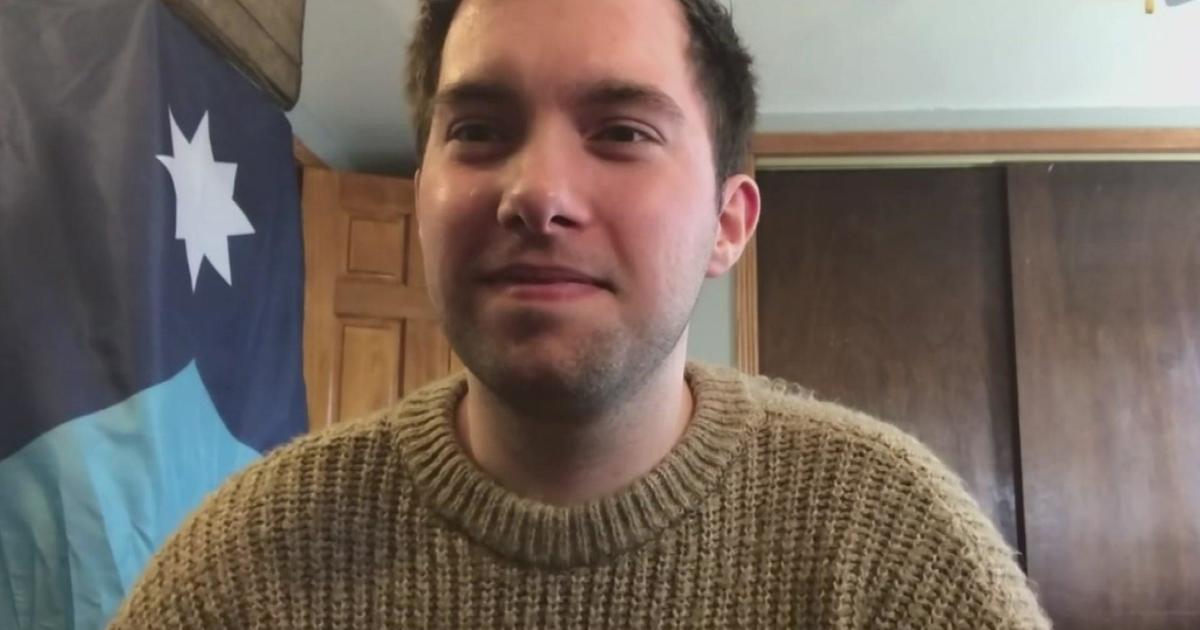Doctor: Vaccinations Are The Best Defense Against Measles
MINNEAPOLIS (WCCO) – A disease that we don't hear much about anymore is making a comeback in the United States.
It's measles.
A report from the Centers for Disease Control and Prevention says that the number of measles cases in the United States this year is the highest it's been in nearly 20 years.
Some 397 cases have been confirmed so far this year. Nearly all of them were traced to international travelers who were not vaccinated.
Even though the disease was eliminated in the United States more than a decade ago, it's still present in other parts of the world.
Measles is a highly contagious respiratory disease that comes with a fever and an unsightly rash. All it takes is a sneeze for it to spread.
"Riding on a plane if you are not vaccinated, with someone who had measles, your risk would be exceedingly high of catching measles, because it is such a contagious infection," said Dr. Mark Sannes, of the Park Nicollet Travel Clinic in St. Louis Park.
He says most children in the U.S. get a measles shot or an MMR shot when they are 12 months old and then a second dose when they are 5 years old.
If the disease is left untreated, it can be fatal.
"People can present with pretty non-specific, almost cold-like symptoms, at the beginning of it," Sannes said. "And it's the rare few that will go on to those more advanced brain inflammation and brain infection syndrome."
Ninety-seven percent of the new measles cases in the U.S. are tied to visits to 18 other countries. Many are in Africa, Asia and the Middle East.
"The vast majority [of those infected] are unvaccinated," Sannes said. "And that's been the common theme in all of this."
For the measles, it takes 4 to 6 weeks for the shots to become effective.
"We're recommending patients, adults who don't have two doses of MMR vaccine on record, get a does prior to travel," Sannes said.
He believes parents who opt out of vaccinating their children are taking a big risk.
"If we stop with our vaccine programs, the way we've being doing them in the last 50 years, we are going to see these diseases again," Sannes said.
Two of the 397 recent measles cases were in Minnesota.
And it's not just measles that doctors are worried about. It's polio, too.
Vaccines practically eliminated the polio virus here in the U.S. in 1979, but cases worldwide have started to spike in the last two years.
Measles causes fever, runny nose, cough and a rash all over the body. About one out of 10 children with measles also gets an ear infection, and up to one out of 20 gets pneumonia.
For every 1,000 children who get measles, one or two will die.



